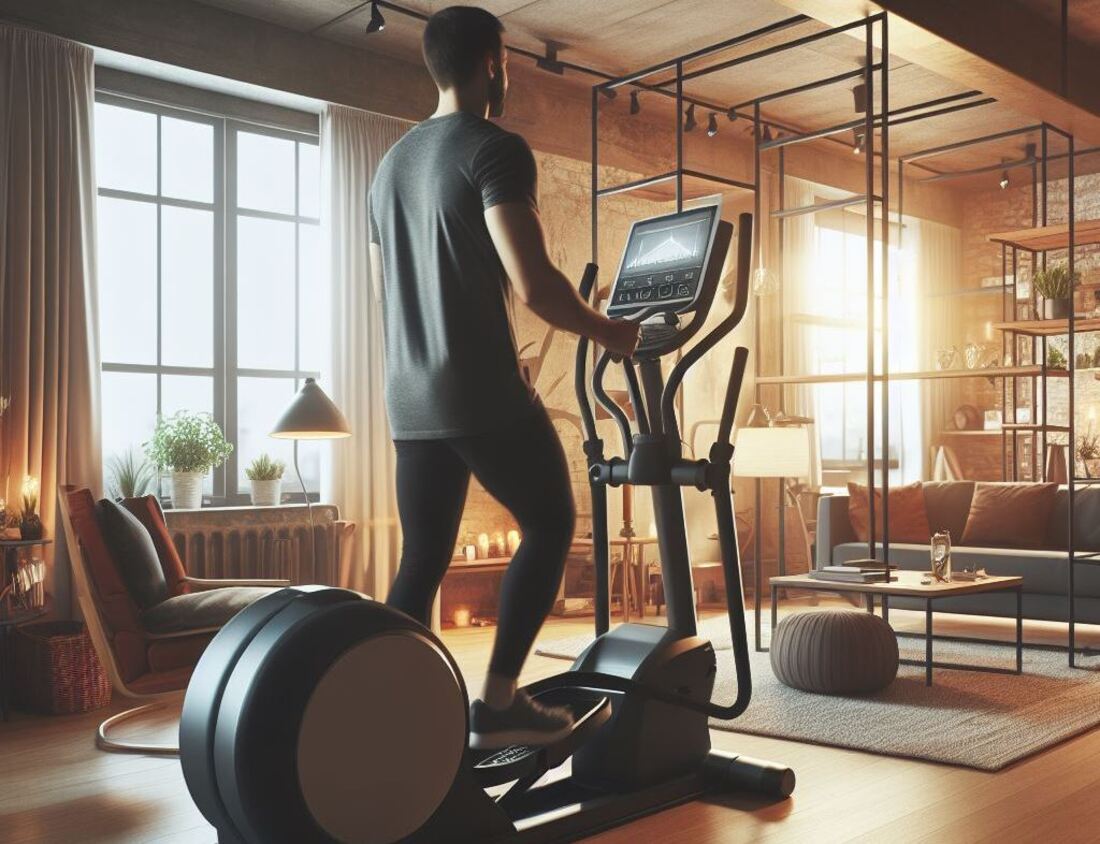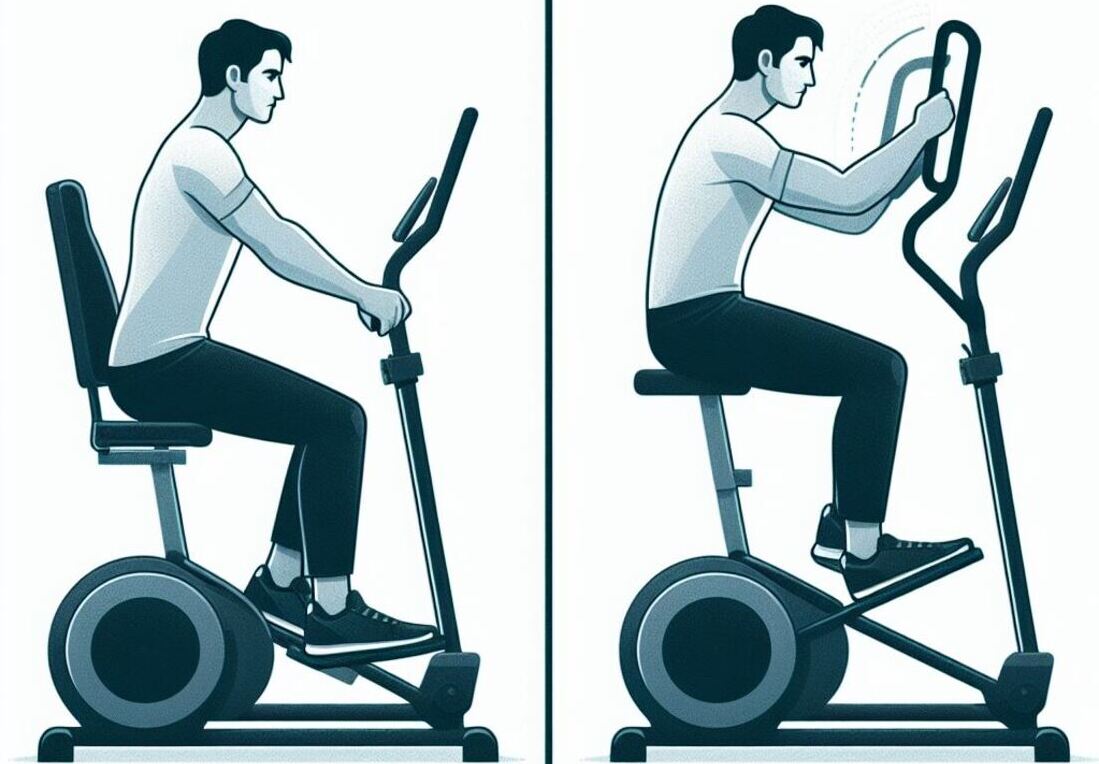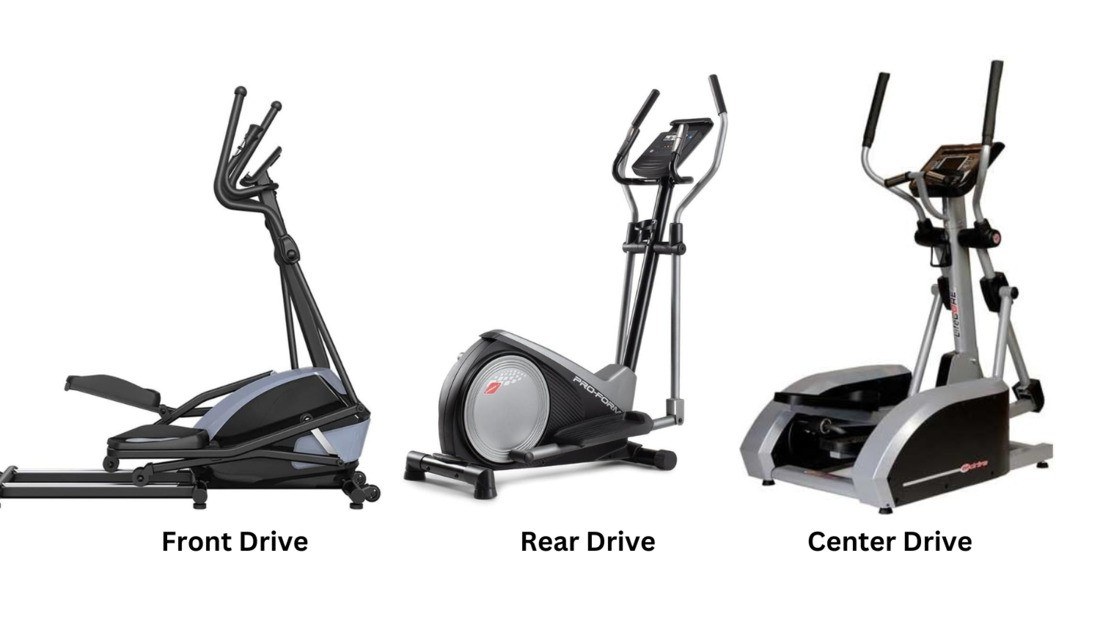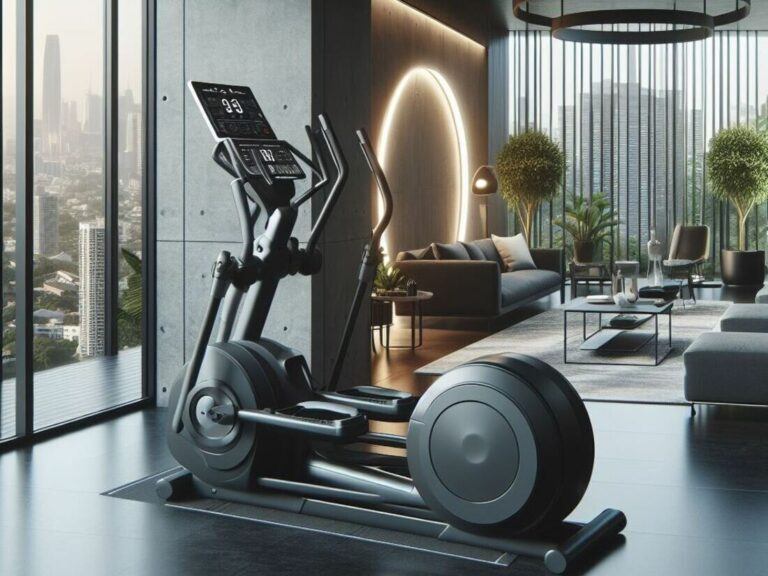Imagine stepping onto an elliptical trainer that feels like an extension of your body, perfectly tailored to your fitness goals and delivering results you can see and feel.
Sounds pretty amazing, right?
But with so many elliptical trainers on the market, how do you navigate the features, functions, and fit to find your perfect match?
Worry not, fitness enthusiasts!

This guide will equip you with the knowledge to make an informed decision and transform your elliptical experience.
Key Takeaways
- Know Your Needs: Identify your fitness goals (weight loss, endurance building, recovery) and limitations (joint issues, height) before shopping.
- Feature Focus: Consider key features like drive system, stride length, resistance levels, console options, and comfort to find the right fit for you.
- Function Over Form: Don’t be overwhelmed by fancy features. Prioritize functionality that aligns with your needs and preferences.
- Fit for Success: Trying out different ellipticals is crucial. Ensure proper form, comfortable seat size, and handlebar positioning.
- Beyond the Basics: Explore advanced features like incline training and app connectivity to maximize your workouts.
Understanding Elliptical Features: Demystifying the Specs
Elliptical trainers come with a variety of features that impact your workout experience. Here’s a breakdown of the key considerations:
- Drive System:
- Front-wheel drive: Mimics natural running motion, good for beginners.
- Rear-wheel drive: Provides smoother motion, ideal for those with joint issues
- Stride Length:
- Choose a stride length that matches your height for proper form and a comfortable workout.
- Taller individuals need a longer stride length to avoid feeling cramped.
- Shorter individuals may prefer a shorter stride for better control.
- Resistance Levels:
- Adjustable resistance levels allow you to customize workouts for different fitness goals.
- More resistance levels provide greater workout variety and progression potential.
- Console Options:
- Look for a console that displays workout metrics like time, distance, calories burned, heart rate, and workout programs.
- Consider features like music players, TV connectivity, or Bluetooth connectivity for fitness apps.
- Comfort and Fit:
- This is paramount! Try out different ellipticals to ensure proper form, a comfortable seat size that supports your lower back, and handlebar positioning that allows for a natural arm swing.

Table 1: Elliptical Trainer Feature Comparison Chart
| Feature | Key Considerations |
|---|---|
| Drive System | Front-wheel (natural feel) vs. Rear-wheel (smoother motion) |
| Stride Length | Matches your height for proper form and comfort |
| Resistance Levels | More levels offer greater workout variety and progression |
| Console Options | Displays workout metrics, programs, entertainment options |
| Comfort and Fit | Crucial for proper form, back support, and handlebar positioning |
Beyond the Basics: Advanced Features to Consider
While the core features are essential, some ellipticals offer advanced features that can elevate your workouts:
- Incline Training: Adjust the incline to simulate uphill terrain for a more challenging workout.
- Heart Rate Monitoring: Built-in monitors or compatibility with fitness trackers help you stay within your target heart rate zone.
- App Connectivity: Connect your elliptical to fitness apps for guided workouts, personalized plans, and virtual experiences.
FAQs

Q: What is the most important feature to consider?
There’s no single “most important” feature. Prioritize features that align with your needs and goals. For example, if comfort is paramount, focus on seat size and adjustability.
Q: How much should I spend on an elliptical trainer?
Elliptical trainers range in price depending on features and quality. Set a budget and prioritize features that matter most to you.
Q: Should I buy a used elliptical trainer?
Consider buying a used elliptical if you’re on a tight budget. Have it inspected by a professional to ensure proper functioning and safety.
Conclusion
Choosing the right elliptical trainer is an investment in your health and fitness.
By understanding your needs, prioritizing essential features, and ensuring a comfortable fit, you’ll find the perfect match to propel you towards your fitness goals.
So, get ready to ditch the workout confusion and step onto a journey of elliptical mastery!



